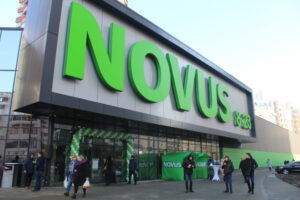
Novus Ukraine LLC, which operates the Novus supermarket chain, has made its debut issue of corporate bonds totaling UAH 400 million, secured by its own real estate in Kyiv, the company’s press service reports.
“The issue of corporate bonds is an important step towards raising funds in the stock markets. We are becoming more open and public for potential investors. This product will contribute to the development of Ukraine’s securities market, as it has no analogues at present. The issue is unique in that it is secured by the commercial real estate of Novus Ukraine Group, which significantly minimizes the risks for potential investors,” Nina Orlovska, Deputy CEO of Novus Ukraine, said in a press release.
According to the report, the company will issue bonds with a nominal value of one thousand UAH maturing within three years with an annual redemption option. The yield is 15% per annum, and the interest rate can be revised within a year.
In addition, the bonds are secured by commercial real estate in Kyiv with an area of more than 10 thousand square meters.
Univer Investment Group is the underwriter of the issue, and Integrities Law Firm is the mortgagee and administrator.
Novus Ukraine LLC was established in 2008 and opened the first Novus supermarket in the country the same year. As of September 2024, the retailer’s network includes more than 80 Novus and 22 Mi Markets in Ukraine.
The Novus supermarket chain is developed by BT Invest (Lithuania), a company established in 2008 by former Sandora shareholders Raimondas Tumenas and the late Igor Bezzub.
According to Opendatabot, the owner of Novus Ukraine with a 100% share in the authorized capital was CJSC Consul Trade House (Vilnius, Lithuania). The ultimate beneficiaries are Marina Poznyakova, Agne Ruzgienė, and Raimondas Tumenas.
According to the company’s financial results, in 2023, its revenue increased by 47% to UAH 23.6 billion, while its net loss decreased by 87% to UAH 310.7 million.
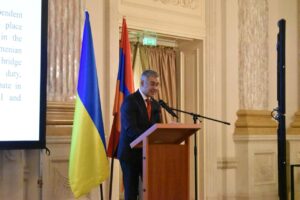
The Embassy of the Republic of Armenia in Ukraine hosted a reception on the occasion of the Independence Day of the Republic of Armenia at the Fairmont Hotel in Kyiv, which brought together representatives of diplomatic, cultural and business circles. This event not only emphasized the historical significance of the holiday, but also became an opportunity to discuss the current challenges and achievements of the country.
“While celebratingthe achievements of our past, we must also confront the current reality. Armenia is going through a difficult path, facing unprecedented challenges to regional peace and security, which remind us of the constant need for strength and unity,” said Ambassador Extraordinary and Plenipotentiary of the Republic of Armenia to Ukraine Vladimir Karapetyan.
The Ambassador also focused on Armenia’s economic achievements, emphasizing the growth of the economy and the increase in jobs, which is evidence of the country’s resilience.
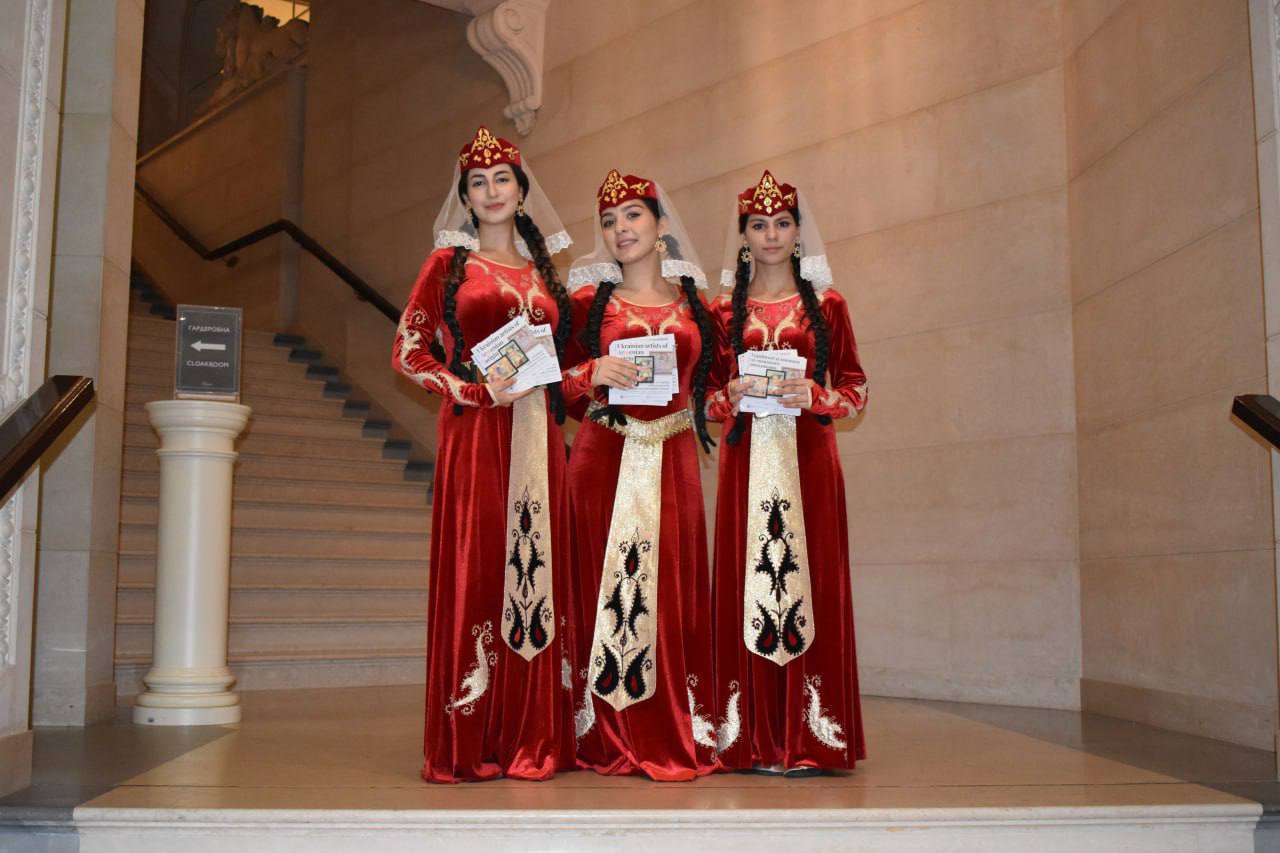
“The Armenian economy has experienced significant growth in recent years. Economic growth is almost 30 percent, and state budget revenues have increased by more than 90 percent. In addition, about 200,000 new jobs have been created,” he said.
Mr. Karapetyan expressed optimism about the process of normalization of relations with neighboring countries, in particular with Azerbaijan and Turkey. He noted the importance of peace talks, emphasizing the importance of mutual recognition of territorial integrity.
“A week ago, Prime Minister Pashinyan made a clear statement about Armenia’s readiness to sign a peace agreement right now,” he emphasized.
In addition to political and economic issues, Mr. Karapetyan also paid attention to the role of the diaspora in Ukraine, calling it a “reliable bridge” between the two countries.
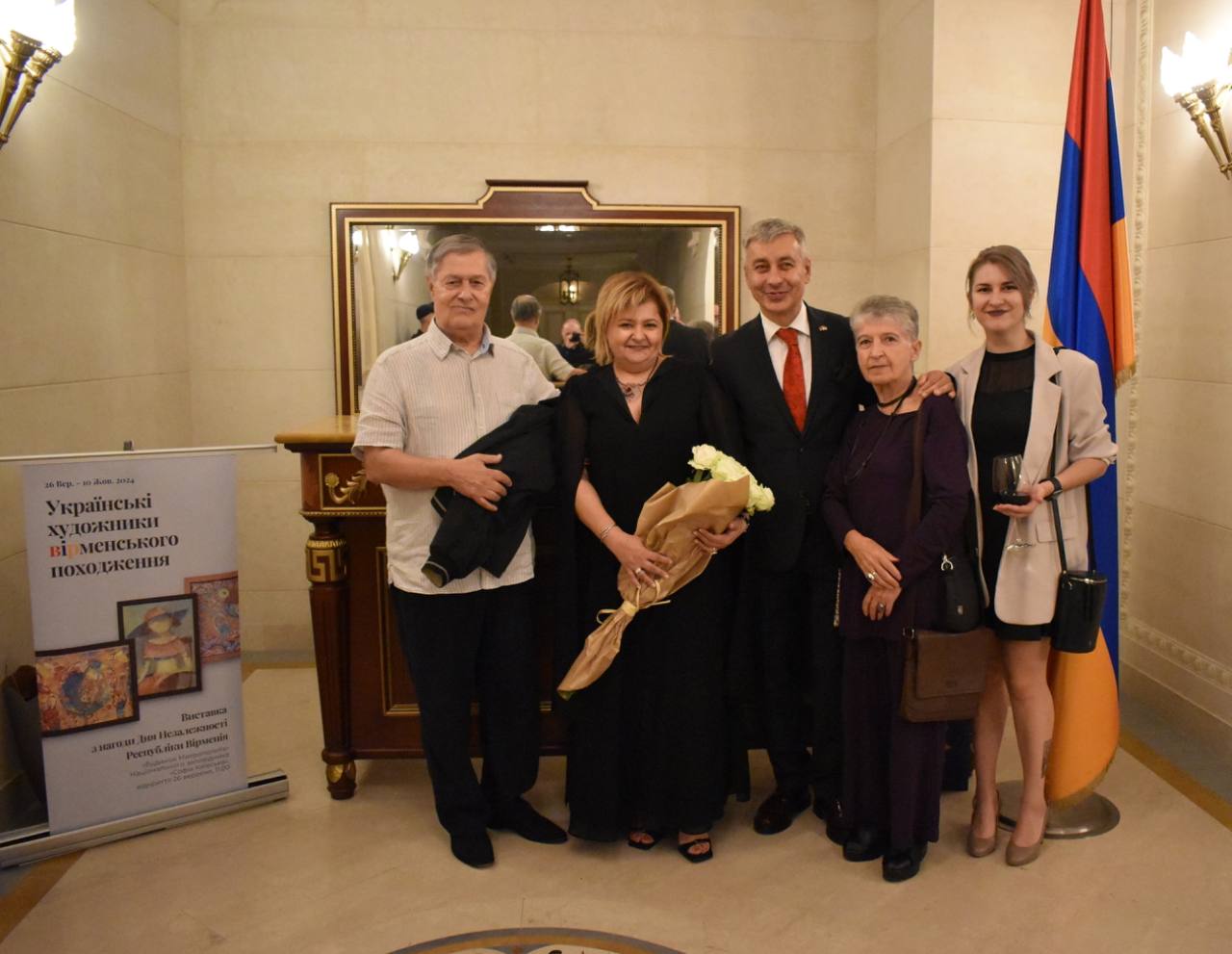
“The Armenian diaspora in Ukraine is distinguished by its loyalty and patriotism to both its historical homeland and Ukraine. More than ten thousand Ukrainian citizens of Armenian origin are currently at the front,” the ambassador emphasized.
He paid special attention to recognizing the contribution of famous Armenian figures to Ukrainian culture. In particular, the ambassador mentioned film director Roman Balayan, who was awarded the Oleksandr Dovzhenko State Prize.
At the end of his speech, Mr. Karapetyan invited the audience to visit an exhibition of Ukrainian Armenian artists that will open this week at St. Sophia Cathedral.
After Ukraine declared independence on August 24, 1991, Armenia recognized Ukraine on December 25, 1991. On December 25, 1991, Ukraine and Armenia established diplomatic relations.

After the beginning of the full-scale invasion, the NIKO group of companies, which has been successfully operating in Ukraine and the EU for over 30 years, expanded its activities. NIKO SpetsAvto LLC has launched a new business line – certified production of armored specialized military pickup trucks.
The new pickup truck, called NIKO, is designed as a universal vehicle platform based on the Isuzu D-Max and is equipped with armored protection.
Denis Fomenko, CEO of NIKO SpetsAvto, said: “Outwardly, our pickup truck looks no different from an ordinary car, but each copy is the result of a symbiosis of advanced armor technology, perfect design and high quality. Every detail is created with maximum attention to safety and technological progress. Despite the increased weight, the car has retained its maneuverability and safety.”
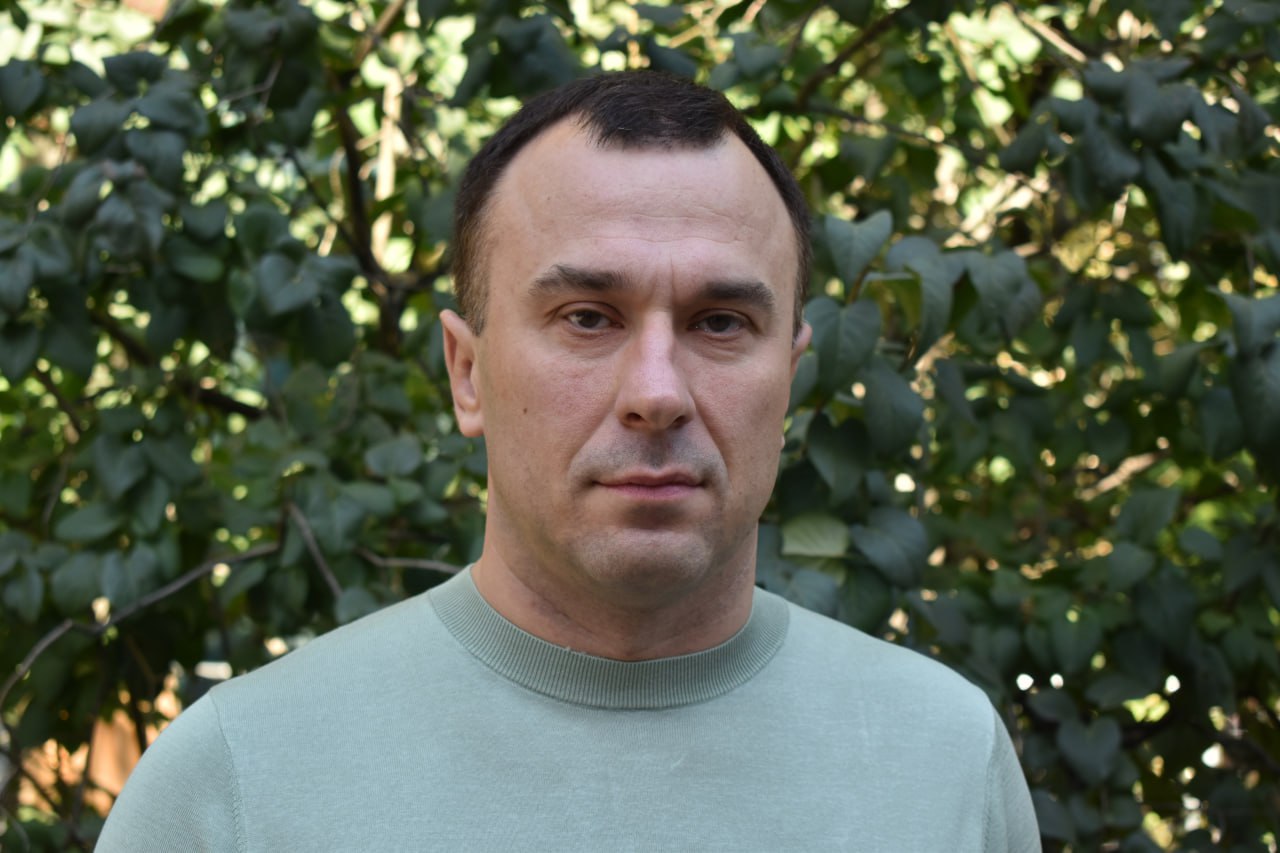
Denis Fomenko also added that the company plans to produce about 30 such pickups by the end of 2024 to meet the needs of individual structures performing specialized tasks.
According to the company, the carrying capacity of the NIKO pickup truck is 1100 kg, which is 35% higher than the carrying capacity of analogues in the same class and price range, such as Toyota Hilux and SsangYong Musso. This allows the vehicle to be used as efficiently as possible for cargo transportation and other specialized tasks.
The vehicle is also equipped with a 7620 kg (16,800 LBS) winch for off-road lifting and towing, which makes it indispensable for search and rescue operations and expeditions.
The technical characteristics, maneuverability, off-road capabilities, the ability to install additional equipment, as well as the cost make the NIKO pickup truck ideal for tasks of any complexity.
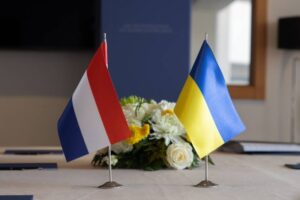
The Netherlands has announced a new support package for Ukraine in the amount of EUR209.5 million aimed at restoring critical infrastructure, Dutch Foreign Minister Kaspar Veldkamp said.
“The Netherlands has announced a new support package of EUR209.5 million aimed at restoring critical infrastructure, including through the EBRD, and providing humanitarian assistance. We are contributing EUR45 million to the Energy Support Fund for Ukraine and financing the supply of necessary equipment,” the minister wrote on social network X following the G7+ ministerial meeting in New York.
Veldkamp also said that Ukrainians are preparing for one of the harshest winters, and “Ukraine needs energy to survive.”
“At today’s meeting with G7 foreign ministers and partners, including (Ukrainian Foreign Minister) Andriy Sybiga, I emphasized that we must join forces to ensure this,” the minister said.
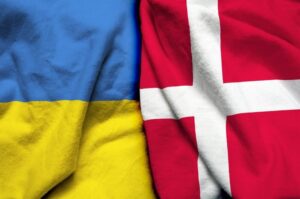
Denmark will allocate 130 million Danish kroner (about $19.4 million – IF-U) to Ukraine to restore energy infrastructure damaged by Russian attacks, the Danish government’s press service reports.
The aid was announced by Minister of Climate, Energy and Supply Lars Oagard during a meeting with US Secretary of State Anthony Blinken and Ukrainian Foreign Minister Andriy Sybiga at the G7 Working Group on Ukraine’s Energy Security.
“Not only is Putin’s army invading Ukraine’s borders, Russia is violating the rules of war by launching massive attacks on Ukraine’s electricity and heat supply. Winter is just around the corner, and many Ukrainian homes will be left without heat and electricity. And that’s not all, ordinary employees of the energy sector who work tirelessly at their jobs are being targeted. We must do everything we can to make the Ukrainian energy system as resilient as possible,” said Oagard.
The Danish donation is funded by the Ministry of Foreign Affairs and will, among other things, support emergency measures and the procurement of equipment and spare parts to help restore security of supply. The support is provided in cooperation with UNDP, the Energy Community, the Danish Refugee Council and the Danish Red Cross.
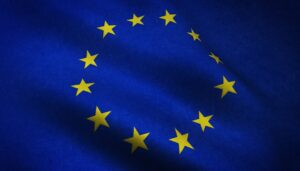
The European Union is changing the rules for crossing borders by foreigners, including Ukrainians, the press service of the Ukrainian government reports.
“Starting November 10, a new IT system EES (Entry/Exit System) will be launched at the EU borders. It will automatically record the entry and exit of all foreigners to the Schengen countries. This applies to all non-EU citizens, including Ukrainians, regardless of whether they have a visa or a visa-free regime,” the telegram channel said.
The EES system will reportedly record the biometric data of a person crossing the border once and store it for three years.
“There will be no more stamps in the passport. Registration will take place automatically through self-service terminals,” the government said.
Thus, when a person enters the EU for the first time, biometric data will be taken: fingerprints and a photo of the face.
“The border crossing time may increase by about 40 seconds while your data is being collected. The biometric data will be stored for 3 years, and you do not need to re-submit it. If you refuse biometrics, you will be denied entry. Then, every time you cross the border, you will need to scan your passport at a self-service terminal,” the statement explains.
The new system is expected to simplify border crossings, enhance security with biometric documents, and help prevent the use of fake passports and combat illegal migration.